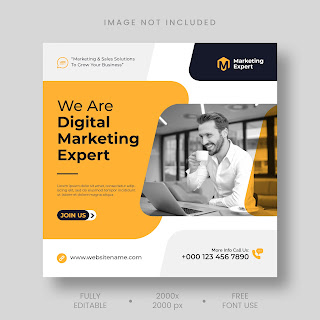Pros And Cons Of PPC Advertising: The Complete Guide To PPC Campaigns
PPC (pay-per-click) advertising is a marketing strategy that has revolutionized the digital advertising space. It allows brands to showcase their products and services directly to potential customers online. These ads are also known as search ads, as they appear when users search for products or services. Google Ad Word is one of the most popular PPC platforms in terms of advertisers and advertisers alike. It makes sense since Google essentially invented the industry when it launched its first pay-per-click advertisement in 2007. However, like with any other marketing strategy, advertising through PPC carries its fair share of pros and cons. This article will help you uncover them so you can make an informed decision about your PPC advertising strategy.
What is PPC
advertising?
PPC advertising is a form of a digital marketing agency where companies bid on keywords in order to appear on the pages of people who are searching for their products or services. Ad Words is the most popular of these ad platforms, but there are many others, such as Bing Ads and Facebook Audience Network. There are multiple reasons why businesses choose to advertise on PPC platforms: they can choose the right keywords to reach the right audience (keywords are the words and phrases you want your ad to appear next to); they can define their target audience; they can experiment with different ad copy, images, and landing pages; and they can measure their results to see if the strategy is yielding the ROI they are looking for.
How does PPC
work?
The best way to understand PPC advertising is to think of it as a conversation between your online ad and the person who is searching for your product or service. A person using Google or Bing to search for a product will see an advertisement from a company when they type your keyword into the search bar. Your ad might show up under the “solutions”, “tools” or “services” section of their search results, depending on the platform. Now that the person has found your ad, he or she will click on it. This person is now directed to a new web page, which is what you will see if you are the person who clicked on the ad. At this point, you will be in communication with the person who clicked on your ad. You can show them your products or ask them if they have any questions. You can also offer them a discount or ask them to leave a review.
Which companies
use PPC advertising?
Many of the world’s leading brands use PPC advertising to inform, engage, and attract new customers. These brands include Google, Bing, Amazon, eBay, Uber, Airbnb, and many more.
The pros of PPC
advertising
Easy to set up - PPC advertising is easy to get started with. You can easily create a campaign and start advertising in just a few minutes. - Variety of ad formats - With PPC advertising, you have the ability to choose between many different ad formats such as ads with images, text-only ads, and ads that don’t even show up on the page. - Targeting options - You can choose the audiences you’d like to target with your ad, which gives you more control over who sees your ad. - Tracking - You can track the success of the ads you are running and see the impact of each ad. This can help you optimize your campaigns for better results.
The cons of PPC
advertising
Initial investment - While PPC advertising can result in high ROI, it does require an initial investment before you even begin to see any returns. - Time commitment - PPC advertising requires a lot of time and effort to be successful. You’ll need to spend a significant amount of time researching keywords, creating ad copy and images, and monitoring results. - No guaranteed results - PPC advertising is a relatively new marketing strategy and has no concrete history of success. Though it is an effective digital marketing strategy, it can be hard to predict how well it will work. - No control - With PPC, you have no control over what your ad looks like or where it appears on the page.
Conclusion
PPC
marketing is a great tool for businesses of all sizes. Digital marketing agencies can be especially helpful for marketing new
products or services, as you can easily find keywords related to your business
to target in the search results. The key to success is to choose the right
keywords, create compelling ad copy, and track the results so you know which
ads are driving the most clicks. PPC marketing is a fast-growing marketing
strategy. It might be challenging and unfamiliar to many small businesses, but
it can also be very lucrative. With the right strategy and technique, you can
reach new customers and boost online sales. PPC advertising is here to stay and
will continue to be a popular marketing strategy for years to come.



Comments
Post a Comment